Exalting himself as a star hunter, “un homme libre,” or free man, Courbet painted himself in the center of Le Repas de chasse. Many luncheons, repas de chasse, were already painted by Watteau, Van Loo, De Troyes, and others, but their aristocratic...
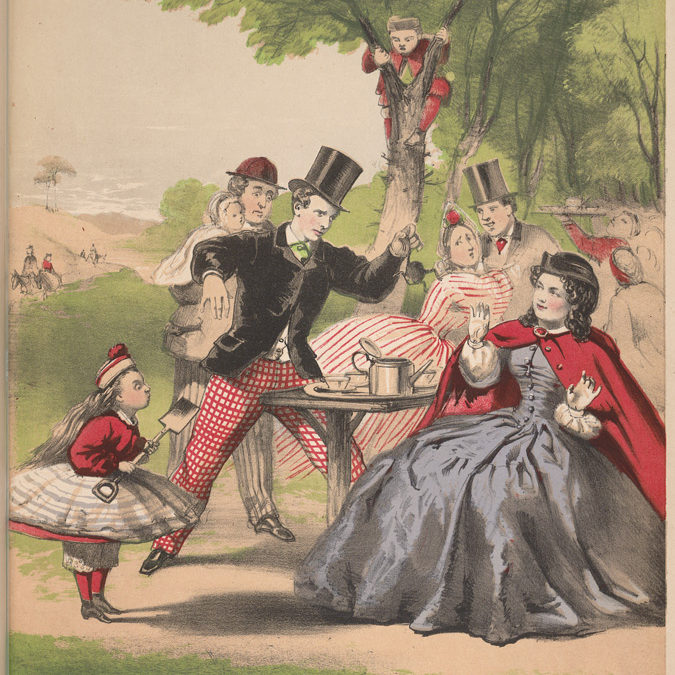 Williams’s Popular Song Hampstead Is the Place to Ruralise Hampstead Is the Place to Ruralise, All on a Summer Day (1861) is a comic hymn dedicated to the pleasures of Hampstead Heath. The euphemism “ruralizing,” like gypsying, had been in use since...
Williams’s Popular Song Hampstead Is the Place to Ruralise Hampstead Is the Place to Ruralise, All on a Summer Day (1861) is a comic hymn dedicated to the pleasures of Hampstead Heath. The euphemism “ruralizing,” like gypsying, had been in use since...
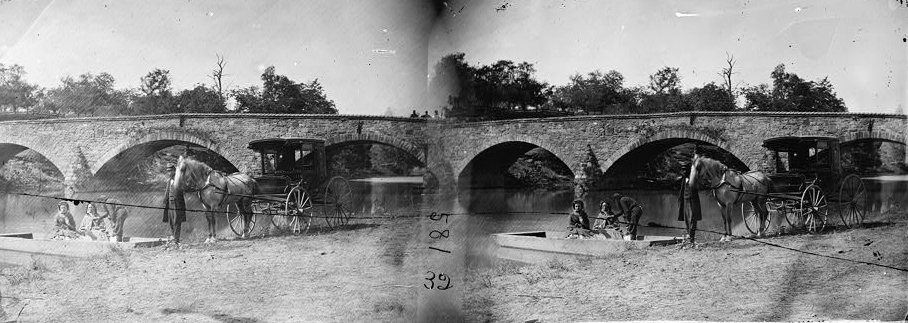 Gardener’s A Pic-Nic Party is set in a skiff on the shore of Antietam Creek. He thought it was an apt allusion to the cliché “War is not a Picnic,” but when published, no one noticed. It dropped from sight, lost in more dramatic images in...
Gardener’s A Pic-Nic Party is set in a skiff on the shore of Antietam Creek. He thought it was an apt allusion to the cliché “War is not a Picnic,” but when published, no one noticed. It dropped from sight, lost in more dramatic images in...
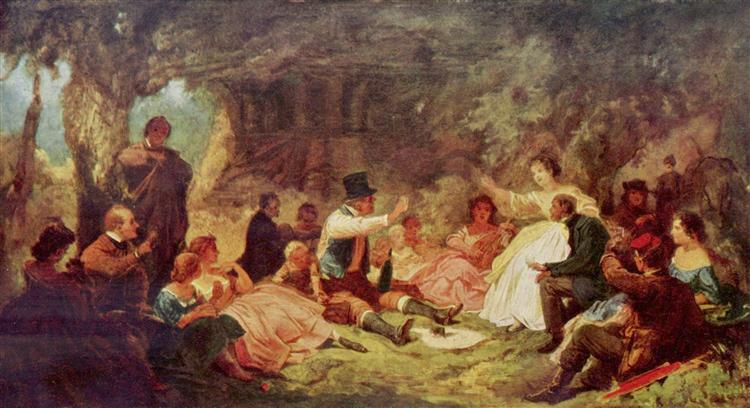 Spitzweg’s Dejeuner sur l’herbe, Das Picknick, aka Luncheon on the Grass, is a happy middle-class person in the country. They sit, relaxing and enjoying each other’s company. The central figure, a portly man, toasts a woman in white, perhaps a bride. The company rises...
Spitzweg’s Dejeuner sur l’herbe, Das Picknick, aka Luncheon on the Grass, is a happy middle-class person in the country. They sit, relaxing and enjoying each other’s company. The central figure, a portly man, toasts a woman in white, perhaps a bride. The company rises...
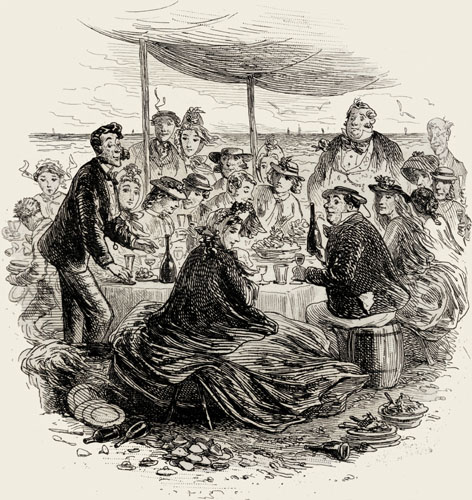 Trollope’s beach picnic in Can You Forgive Her (1864) is highlighted with a stern warning: “Yarmouth is not a happy place for a picnic. A picnic should be held among green things. Green turf is absolutely essential. There should be, if possible, rocks, old...
Trollope’s beach picnic in Can You Forgive Her (1864) is highlighted with a stern warning: “Yarmouth is not a happy place for a picnic. A picnic should be held among green things. Green turf is absolutely essential. There should be, if possible, rocks, old...
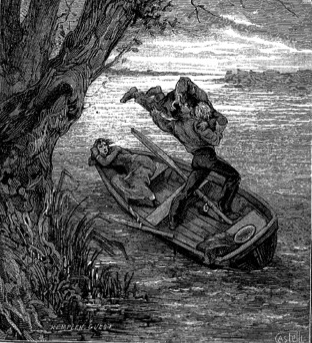 Thérèse Raquin and her lover Laurent Le Claire murder her husband Camille at a picnic. It’s a pivotal episode, proving Zola’s contention that people acting out the “fatalities of their flesh” become brutes humaines. Everything about this picnic...
Thérèse Raquin and her lover Laurent Le Claire murder her husband Camille at a picnic. It’s a pivotal episode, proving Zola’s contention that people acting out the “fatalities of their flesh” become brutes humaines. Everything about this picnic...
 Dickens vented his distaste for English travel food, especially sandwiches served in cold, comfortless train stations. The Boy at Mugby Station working in h Refreshment Room gleefully tells anyone who will listen (or not) how awful the refreshments (if they can be...
Dickens vented his distaste for English travel food, especially sandwiches served in cold, comfortless train stations. The Boy at Mugby Station working in h Refreshment Room gleefully tells anyone who will listen (or not) how awful the refreshments (if they can be...
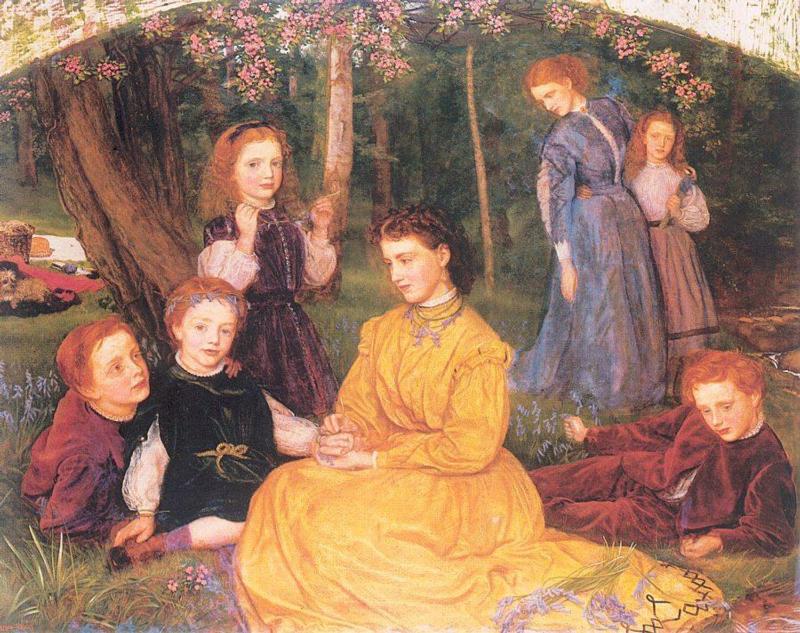 Hughes used a picnic as a theme for a family portrait of the Pattinson family. The title he gave was A Birthday Picnic – Portraits of the children of William and Anne Pattinson of Felling, near Gateshead. A red table with food in the left background, but it is...
Hughes used a picnic as a theme for a family portrait of the Pattinson family. The title he gave was A Birthday Picnic – Portraits of the children of William and Anne Pattinson of Felling, near Gateshead. A red table with food in the left background, but it is...
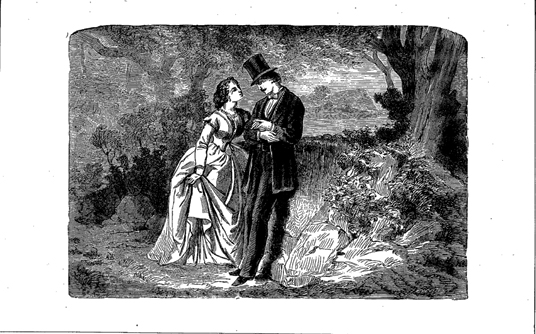 Zola’s Madeleine Férat is dedicated to Édouard Manet. Defying the critical mainstream, Zola accepted Manet’s visual realism and his frank sensualism of Le déjeuner sur l’herbe and Olympia, which Zola defended against adverse criticism. Zola’s...
Zola’s Madeleine Férat is dedicated to Édouard Manet. Defying the critical mainstream, Zola accepted Manet’s visual realism and his frank sensualism of Le déjeuner sur l’herbe and Olympia, which Zola defended against adverse criticism. Zola’s...
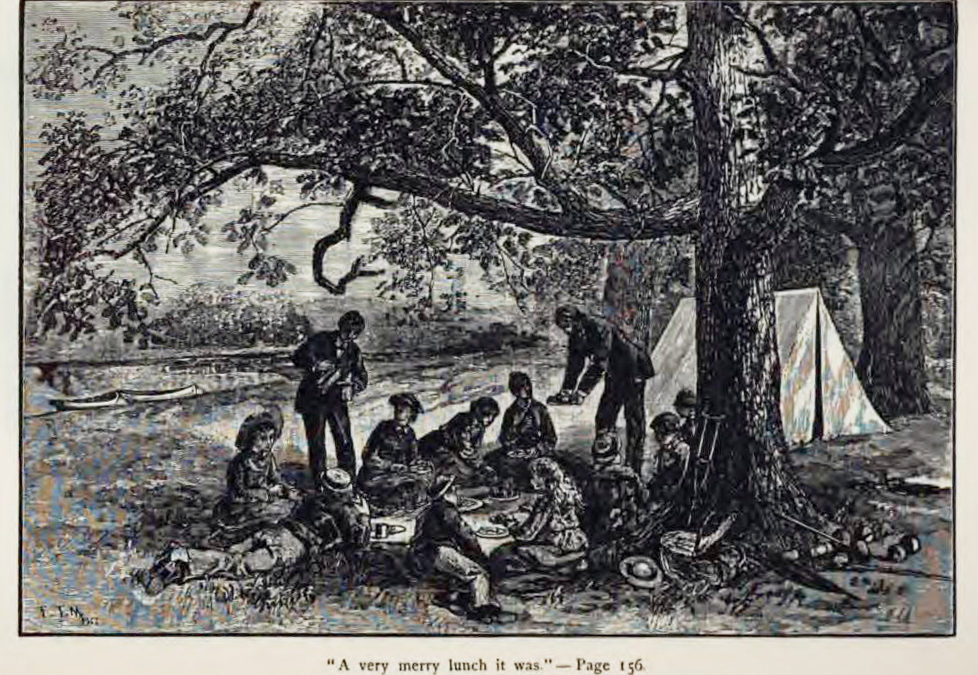 “Sunshine and laughter are good omens for a pleasure party,” Alcott writes in Little Women. And when Laurie writes to Jo to explain his intentions, he promises sunshine and laughter. Dear Jo, What ho! Some English girls and boys are coming to see me...
“Sunshine and laughter are good omens for a pleasure party,” Alcott writes in Little Women. And when Laurie writes to Jo to explain his intentions, he promises sunshine and laughter. Dear Jo, What ho! Some English girls and boys are coming to see me...









